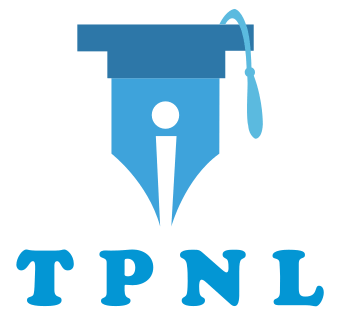Colorado State UniversityPrograms
Master of Accountancy (MACC)
Accountancy is often referred to as the universal language of business: along with finance, this field is uniquely positioned to touch many aspects of business. Companies and organizations are increasingly relying on qualified accountants to drive their profit margins and help them understand the nuanced dynamics of financial success, while governments and policy makers are looking to accountants to help combat issues like climate change through solutions such as ‘cap and trade’ and carbon taxes. Whether you want to hone your fluency in the language of accounting or you’re looking to undertake a career change, a Masters in Accounting could be for you.
MAJOR IN ANTHROPOLOGY, GEOGRAPHY CONCENTRATION
Anthropology students learn to describe, analyze, and interpret the human condition. The program is integrative, drawing from geography, biology, the humanities, and other social and natural sciences. Geography figures prominently in our program and provides an important lens through which human groups are examined over time. Students can engage in four programmatic areas defined by faculty research: humans and the environment, international development and globalization, health and well-being, and professional methods and techniques. The department values and promotes experiential training, primary research, and public engagement and education.
MAJOR IN AGRICULTURAL BUSINESS, AGRICULTURAL ECONOMICS CONCENTRATION
The Agricultural Business major teaches students the operating techniques and business skills used in the modern food and fiber industry. This program builds student knowledge and skills needed to manage small and medium sized business in agriculture and allied industries. The Agricultural Economics concentration focuses on the theoretical and analytic tools of applied economics.
